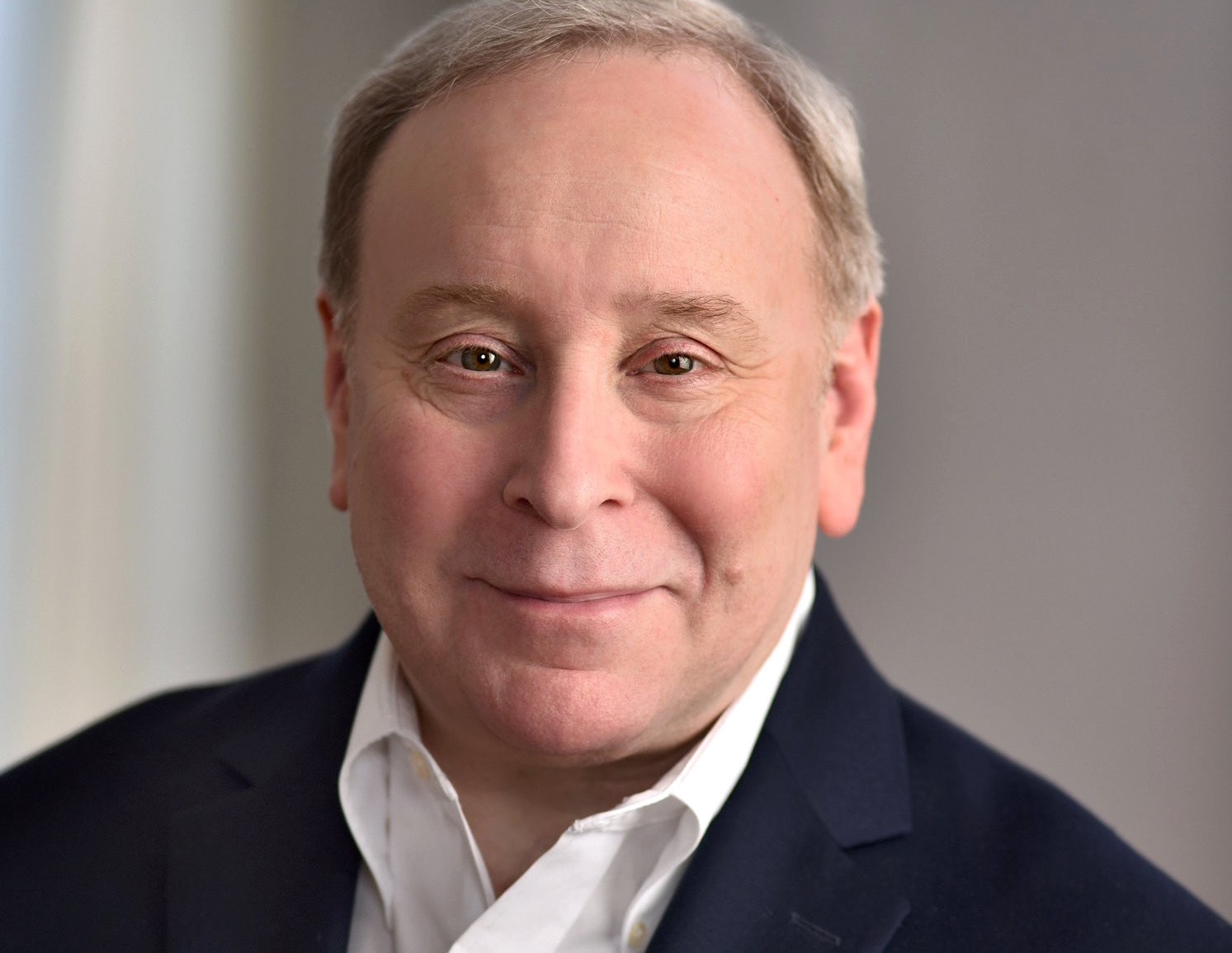[ad_1]
By Jonatah S. Tobin
There is perhaps no membership organization with a more politically incorrect name than the Knights of Columbus. Calling its members “knights” is wrong because it reminds us of medieval Europe and all the horrible things that were done there in the name of the church.
But it is also named after the man who discovered the Americas for Europe – the natives already knew it was there before Christopher Columbus ruled the Niña, Pinta and Santa Maria to what is now the Dominican Republic on October 12, 1492 – and thus evokes all the horrors of colonialism that led to the day being renamed “Indigenous Peoples Day†in many jurisdictions.
But whatever one thinks of the horrors of the Crusades or whether Columbus did more harm than good, the Knights of Columbus (KofC) are not the vanguard of a new Spanish Inquisition. It is a 2 million member Catholic service organization that has raised over $ 1.5 billion for charity over the past decade.
In the United States, the organization dates back to the 19th century and spoke in favor of religious freedom at a time when discrimination against Catholics was rampant. Its positions were resolutely pro-immigration, but also – reflecting the views of its members – strongly anti-Communist, as well as socially conservative. In other words, its positions are consistent with the beliefs of the Catholic Church on marriage, contraception and abortion.
Most Americans may not agree with them more on these issues, but it is one thing to advocate for same-sex marriage, free access to birth control and abortion, and another is. to qualify all those who do not agree as unfit for public office because of their religious convictions. .
Yet this is increasingly the case for some members of the United States, who have grown accustomed to viewing KofC membership as a reason to disqualify candidates for the bench and other government positions.
This is what happened recently when Senator Kamala Harris (D-Calif.) And Mazie Hirono (D-Hawaii) sought to grill Brian Buescher, a candidate for Nebraska Federal District Court, by submitting questions for the file that designated him as a member. of the KofC and called the members of the group “extremists”.
It is also not the first time that questions for a presidential candidate have crossed the line of religious tests. At a September 2017 judicial confirmation hearing for Amy Comey Barrett, Senator Dianne Feinstein (D-Calif.) Told the candidate that she was troubled by her religious beliefs because “dogma lives loudly in you, and it is a concern “.
There are other examples of Senators questioning Catholics or KofC members in this way in recent years, but one troubling aspect of this story is the relative silence of the organized Jewish world.
The point is, you don’t have to agree with KofC or the Church. But no one who claims to believe in religious freedom and the rights enumerated in the Constitution can stand still while confirmation hearings are used to debate whether adherents of a dominant religion – or any other religion – should be allowed to occupy a post.
This is part of an attitude of “freedom of expression for me but not for you” which increasingly prevails on the left. The American Civil Liberties Union, which once prided itself on defending everyone’s right to free speech, even the Nazis, now only defends those people the Liberals agree with. Even Supreme Court Justice Elena Kagan was openly concerned last year about whether political conservatives “arms the First Amendment”.
Imagine if senators asked Jewish candidates about their membership in Jewish philanthropic groups like Community Relations Councils, federations, or faith groups like Reformed, Conservative, or Orthodox synagogues because some of them take a stand on social issues. It wouldn’t take long for the Anti-Defamation League and all the other Jewish groups to blow up a joint.
Yet when Catholics are confronted with such questions, the same organizations fall silent.
KofC members may not seem like an oppressed minority, but if you deny them rights that you wouldn’t deny to others, then you are tolerating bigotry.
It shouldn’t be a liberal or conservative issue any more than it should be seen as Catholic, Protestant, Muslim or Jewish. Either we believe in free speech and religious freedom for all in the United States, or we don’t.
If the latter is only true for denominations that share our social views, then freedom is really in jeopardy.
Jonathan S. Tobin is editor-in-chief of JNS.
[ad_2]

